When transitioning to an electric vehicle (EV) like a Tesla, one of the first things you need is a reliable way to charge it at home. Installing a 240V outlet is one of the most efficient ways to charge your Tesla. The cost of installation varies depending on a number of factors, but typically ranges from $300 to $1,000 (this can be higher if you need to upgrade your electrical system). In this guide, we'll analyze the factors that affect the cost as well as what to expect during the installation process.
What Factors Influence the Cost of Installing a 240V Outlet?
The total cost of installing a 240V outlet can vary significantly based on a few key factors:
-
Location of the Outlet: If the outlet needs to be installed far from your electrical panel, the cost will increase due to more wiring and labor. If your garage or charging area is close to the panel, the job will be simpler and less expensive.
-
Labor Costs: Electricians charge different rates depending on your geographic area. Labor costs in urban areas or regions with higher living expenses tend to be higher.
-
Permits and Inspections: Many regions require permits and an inspection for electrical work, which can add to the total cost. Check local regulations to determine if this applies to you.
-
Electrical Panel Upgrades: If your existing electrical system can't handle the additional load of a 240V outlet, you may need to upgrade your panel, which adds significantly to the overall cost.
See also: How Much Does a Tesla Home Charger Cost?
How Much Does Labor Typically Cost?
The installation of a 240V outlet usually takes between 2 to 4 hours, depending on the complexity of the job. On average, electricians charge between $50 to $100 per hour. For example, a straightforward installation near the electrical panel may cost as little as $200 to $300 in labor. However, if the outlet is far from the panel or requires additional electrical work, labor costs could exceed $500.
-
Older Homes vs. Newer Homes: In older homes, electricians may need to perform more extensive work due to outdated wiring, which increases both time and costs. Newer homes, on the other hand, are usually more straightforward.
Do You Need an Electrical Panel Upgrade?
An electrical panel upgrade might be necessary when installing a 240V outlet for Tesla charging, depending on your home’s electrical capacity and current usage. This is an important factor to consider, as an overloaded or inadequate panel can lead to serious safety concerns or prevent your Tesla from charging efficiently. Below are some key aspects to help you determine if your electrical panel needs an upgrade:
When is an Upgrade Necessary?
You may need an upgrade if your current electrical panel doesn’t have enough capacity to handle the additional power draw of the Tesla charger. A Tesla typically requires a dedicated 240V circuit that can support 30 to 50 amps of current for Level 2 charging. If your panel is already fully utilized with existing circuits, you won’t have the capacity to add this new load.
Here are some common scenarios where an upgrade is needed:
-
Insufficient Breaker Space: If your panel doesn’t have enough space to install a new breaker for the 240V outlet, an upgrade will be required. Older homes, in particular, often have limited space in their panels.
-
Inadequate Amperage: Most homes have a 100-amp electrical service, which may not be sufficient if your household already has high electricity demands (e.g., electric heating, air conditioning, or other large appliances). In this case, upgrading to a 200-amp or higher service would be necessary to safely accommodate the Tesla charger.
-
Outdated Panels: If your home has an older electrical panel, especially one that uses fuses instead of circuit breakers, it may not meet modern safety standards or provide sufficient power for EV charging. Outdated panels can be a fire hazard and are less reliable for handling high-demand loads like an EV charger.
Typical Costs for Electrical Panel Upgrades
Upgrading an electrical panel can add significantly to the overall cost of installing a 240V outlet. The cost of a panel upgrade generally ranges from $1,000 to $3,000, depending on factors such as:
-
Size of the Panel: Upgrading from a 100-amp service to a 200-amp service will cost less than upgrading to a 400-amp service.
-
Complexity of Installation: If the installation requires substantial rewiring or rerouting of circuits, the cost will be higher. Additionally, if your home’s wiring is outdated, upgrading the panel may involve upgrading other parts of your electrical system to comply with safety regulations.
-
Permits and Inspections: Most panel upgrades require permits and inspections, which can add to the cost but ensure the work is up to code and safe for long-term use.
Signs Your Panel Needs Upgrading
Even if you're not installing a 240V outlet for your Tesla, it’s worth considering an upgrade if you notice any of the following signs in your electrical system:
-
Frequent Breaker Trips: If your breakers are constantly tripping, this could indicate that your panel is overloaded and unable to handle the current electrical demands.
-
Flickering or Dimming Lights: Flickering lights may signal that your panel is struggling to distribute power properly. This is especially noticeable when you turn on large appliances.
-
Burning Smell or Warm Panel: If your electrical panel or breakers feel warm to the touch or emit a burning smell, it’s a clear sign that something is wrong. This could indicate overheating, which is a serious safety hazard.
-
Old Fuse Boxes: Homes with fuse boxes instead of circuit breakers should consider an upgrade, as fuse boxes are outdated and offer less protection against electrical fires and overloads.
How to Evaluate If You Need an Upgrade
It’s important to have a professional electrician assess your current electrical panel and overall electrical system before proceeding with the installation of a 240V outlet. The electrician can:
-
Determine if your panel has enough space for additional circuits.
-
Verify whether the amperage of your panel is sufficient for Tesla charging.
-
Inspect the condition of the wiring and panel to ensure it meets safety codes.
This evaluation can help avoid unexpected costs later on and ensure that your Tesla charger operates safely and efficiently.

Long-Term Benefits of an Electrical Panel Upgrade
While upgrading your electrical panel can seem like a large expense, it offers several benefits beyond just installing a Tesla charger:
-
Increased Capacity for Future Needs: If you plan to add more high-energy appliances like air conditioning units, electric water heaters, or even solar panels, having a modern 200-amp or higher service will ensure your home is equipped to handle additional electrical loads.
-
Improved Safety: Upgrading your electrical panel can reduce the risk of electrical fires, overloaded circuits, and frequent power outages. Modern circuit breakers also provide more reliable protection than older systems.
-
Increased Home Value: A modern electrical system can increase the value of your home, making it more attractive to potential buyers who may prioritize safety and energy efficiency.
By understanding the need for a potential electrical panel upgrade, you can ensure that your Tesla charging setup is safe, efficient, and future-proof.
Are There Additional Costs to Consider?
Beyond labor and potential panel upgrades, there are other additional costs that you should factor in:
-
Permitting Fees: Local municipalities may require a permit, which typically costs between $50 and $200. You may also need an inspection to ensure the work complies with local building codes.
-
Materials: The cost of materials such as wiring, the outlet itself, and circuit breakers can add between $50 and $200 to the total cost. High-quality components might be more expensive but offer greater durability and safety.
-
Inspection Costs: If your local government requires an inspection, expect to pay around $100 to $200 for this service.
Can You Save Money by Installing It Yourself?
While it might be tempting to install the 240V outlet yourself, there are several risks involved. EV chargers draw a significant amount of power, and improper installation could lead to serious safety hazards like electrical fires.
-
Challenges of DIY Installation: Installing a 240V outlet requires knowledge of electrical systems, proper wiring techniques, and adherence to local codes. Most people should avoid DIY for this type of installation unless they have professional electrical experience.
-
The Safer Option: It’s recommended to hire a certified electrician who can ensure the job is done safely and correctly, avoiding potential problems down the road.
Are There Incentives or Rebates for Installing a 240V Outlet?
In some cases, you may be able to offset the cost of installing a 240V outlet through incentives or rebates:
-
Tax Credits: Some local or federal programs offer tax incentives for EV charger installations, which may help reduce your out-of-pocket costs. Research state and local programs to see if you qualify.
-
Utility Company Rebates: Some utility companies offer rebates for home EV charger installations. Check with your local utility provider to see if any incentives are available.
-
How to Find Available Incentives: Visit websites like the U.S. Department of Energy or local government pages to find up-to-date information on available incentives.
Conclusion
The cost of installing a 240V outlet for Tesla charging varies depending on factors such as labor, proximity to the electrical panel, and whether or not the panel needs to be upgraded. While the cost typically ranges from $300 to $1,000, investing in a proper installation ensures safety, efficiency, and long-term convenience. A licensed electrician will help ensure the installation meets all safety standards.
For those looking for the best charging solution, Autel offers high-quality electric vehicle charging products, such as the EV home charger, that are seamlessly compatible with 240V outlets. These chargers provide fast, reliable, and safe charging and are the best choice for Tesla charging setups. Explore Autel's selection at the Autel Energy Store to find the ideal solution for your electric vehicle charging needs.
Related reading: How Much Does It Cost To Charge An Electric Car At Home?

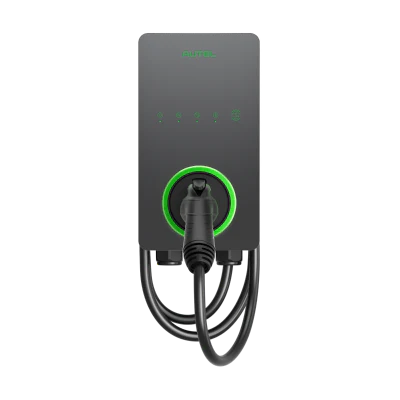
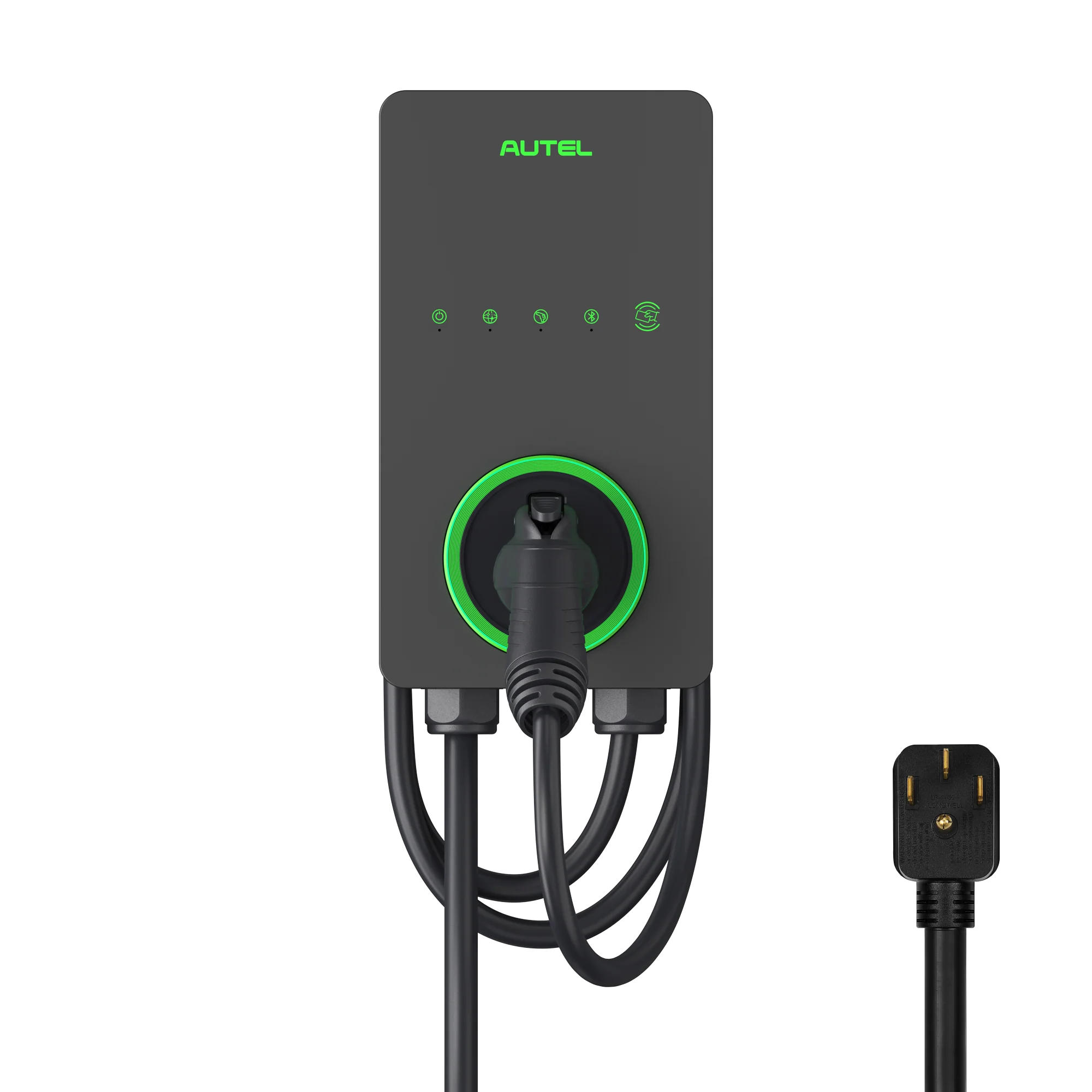
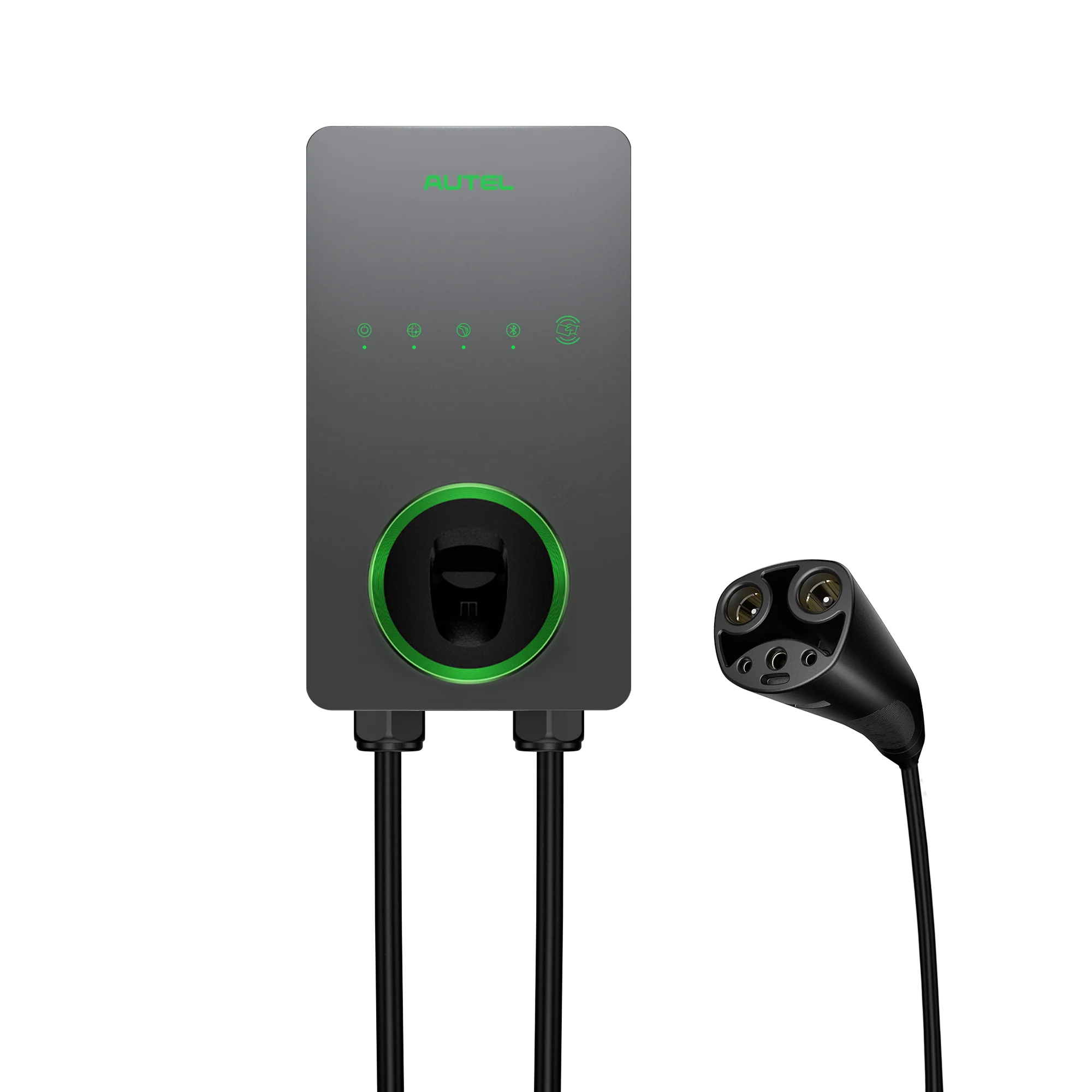
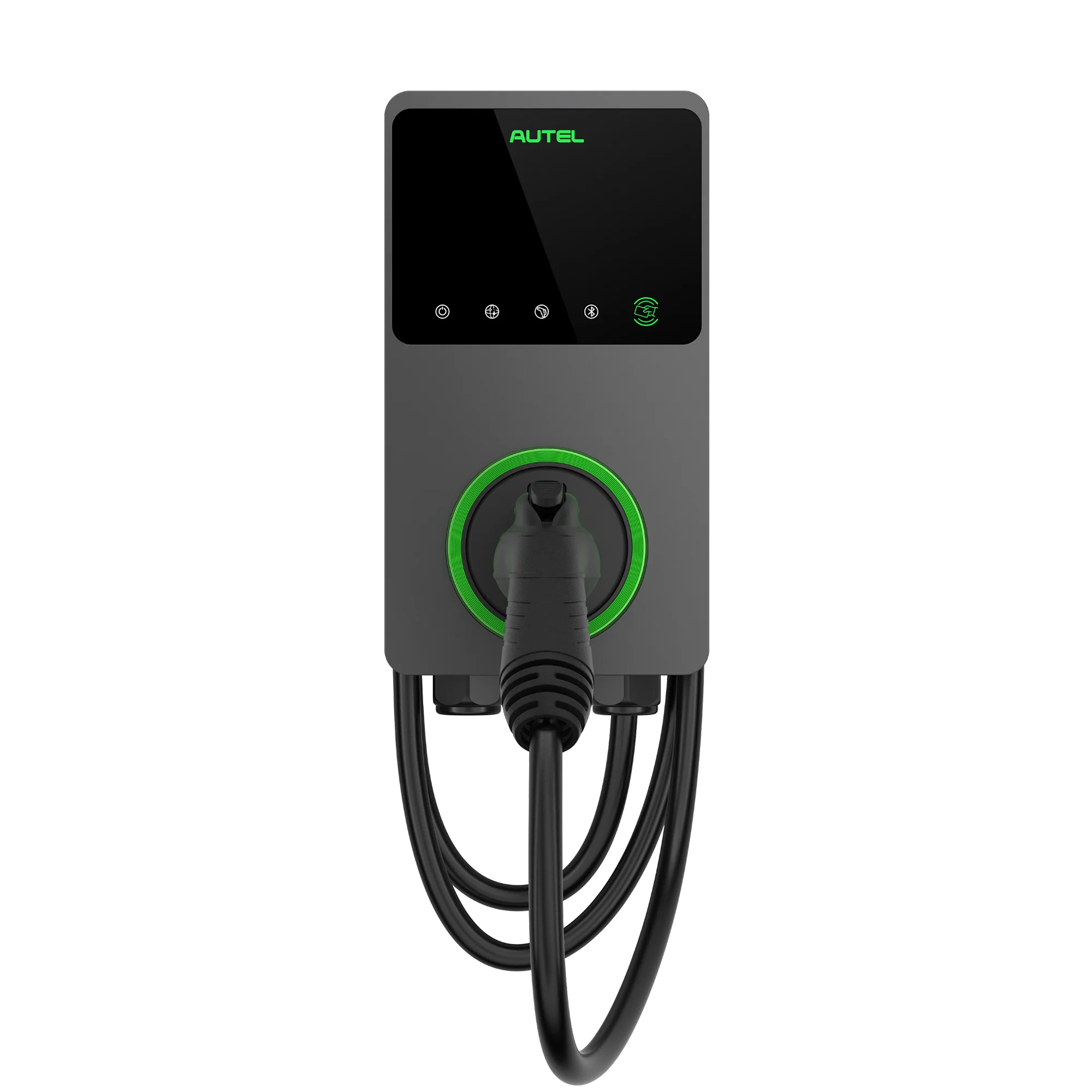
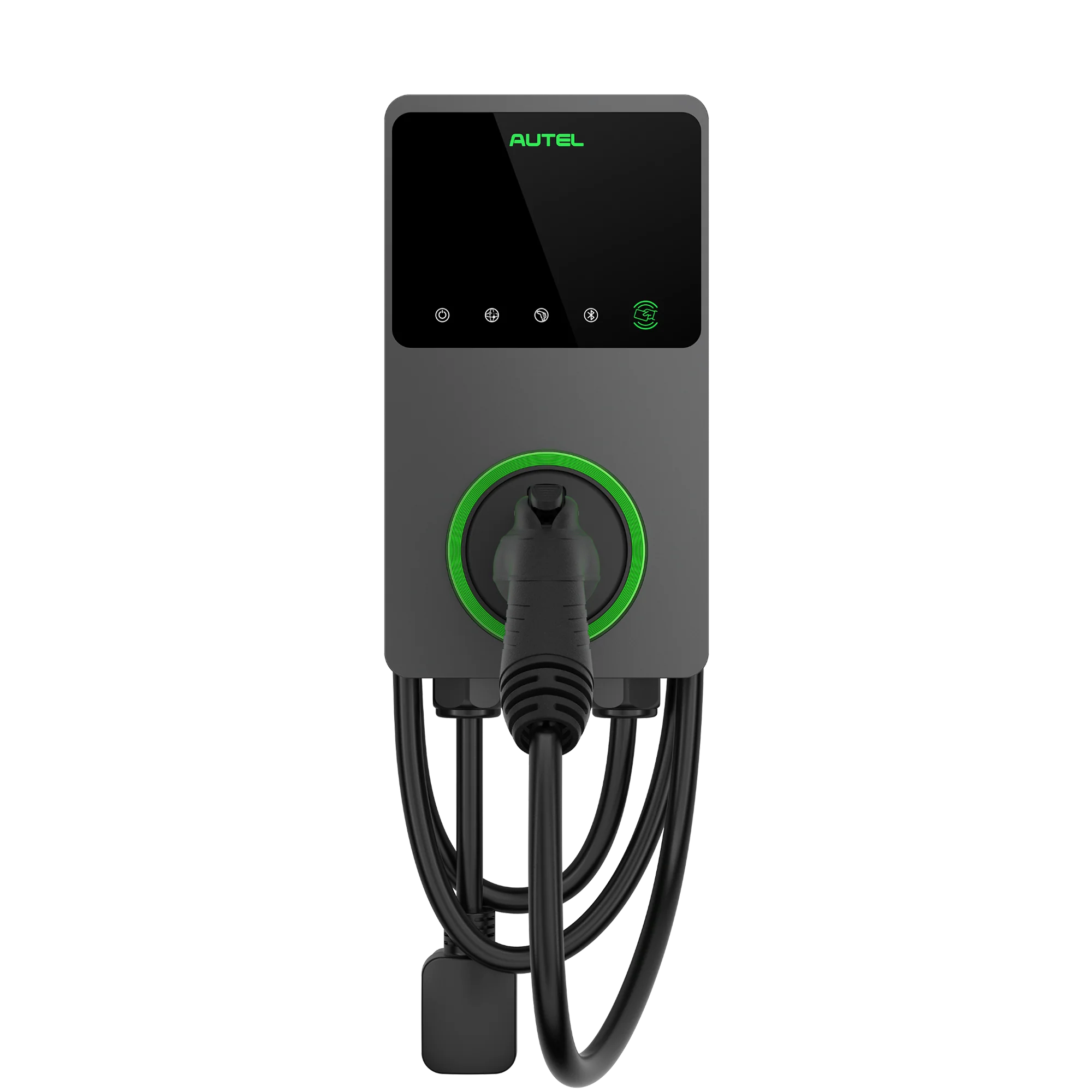
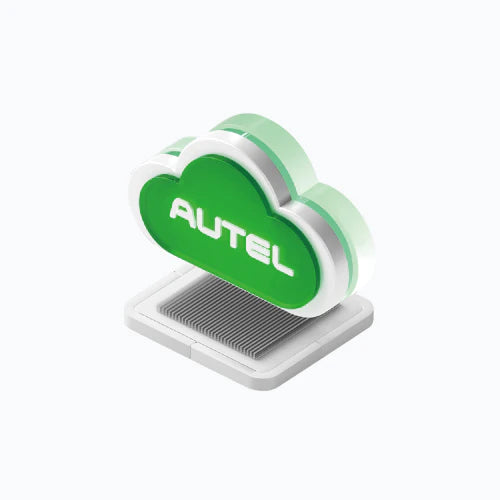
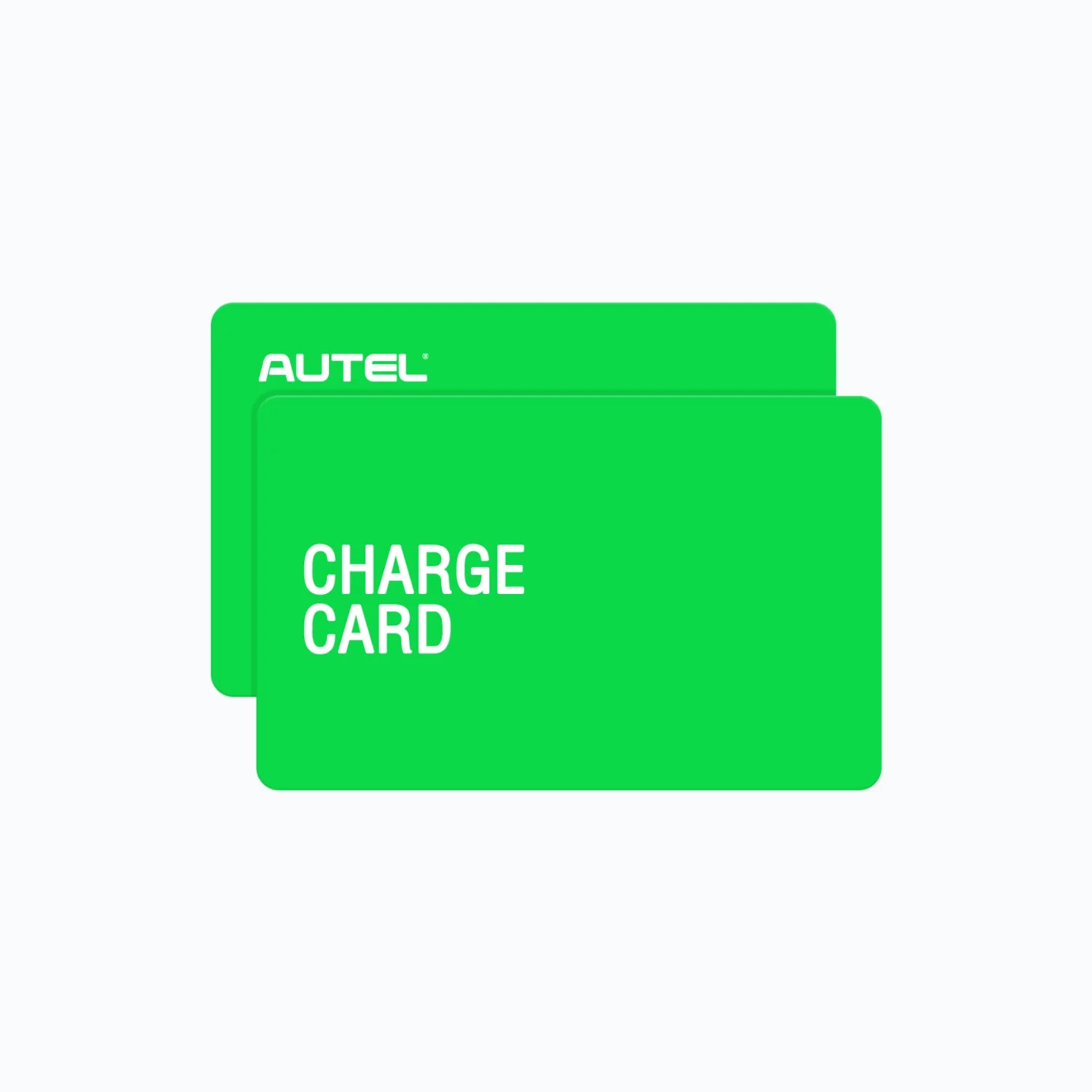
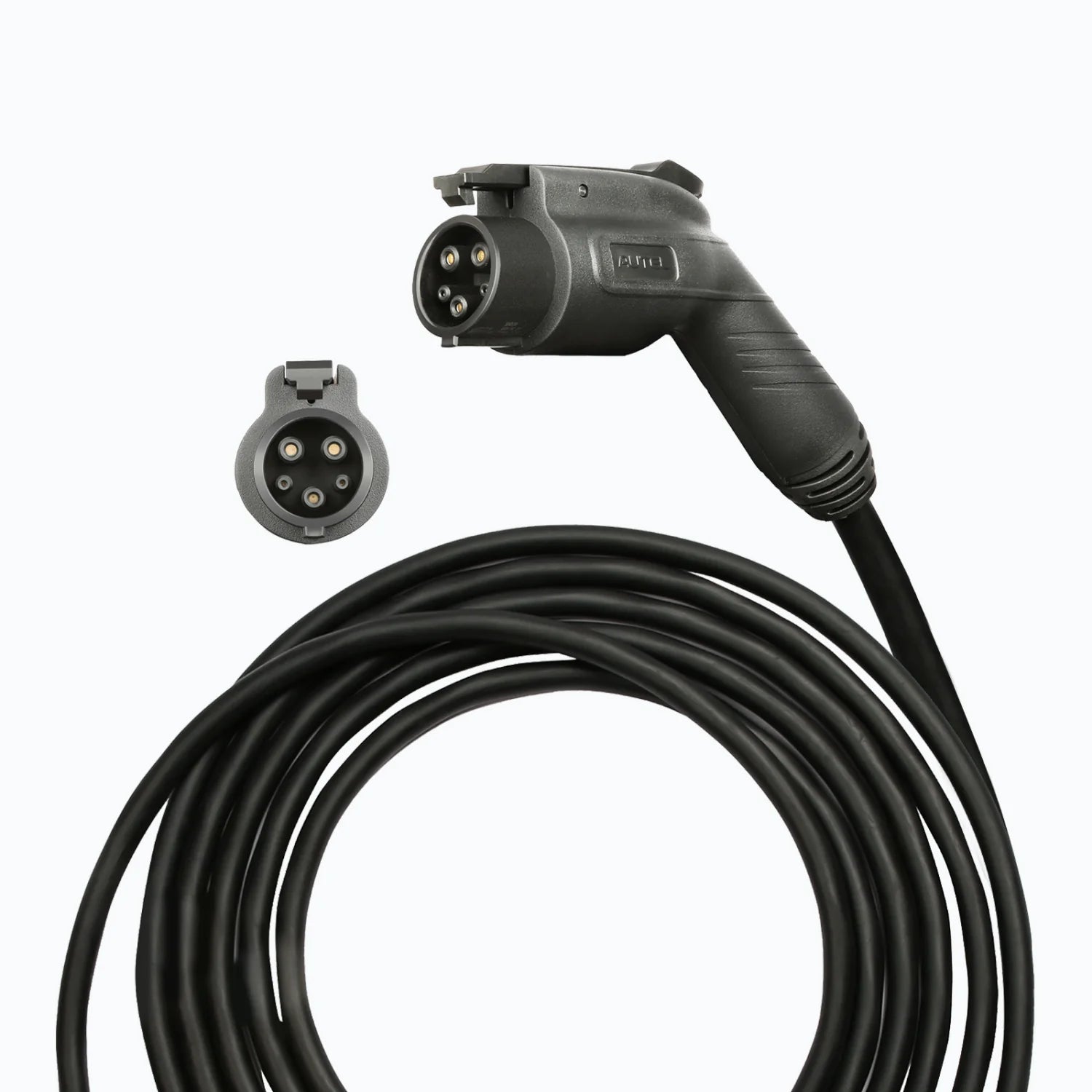
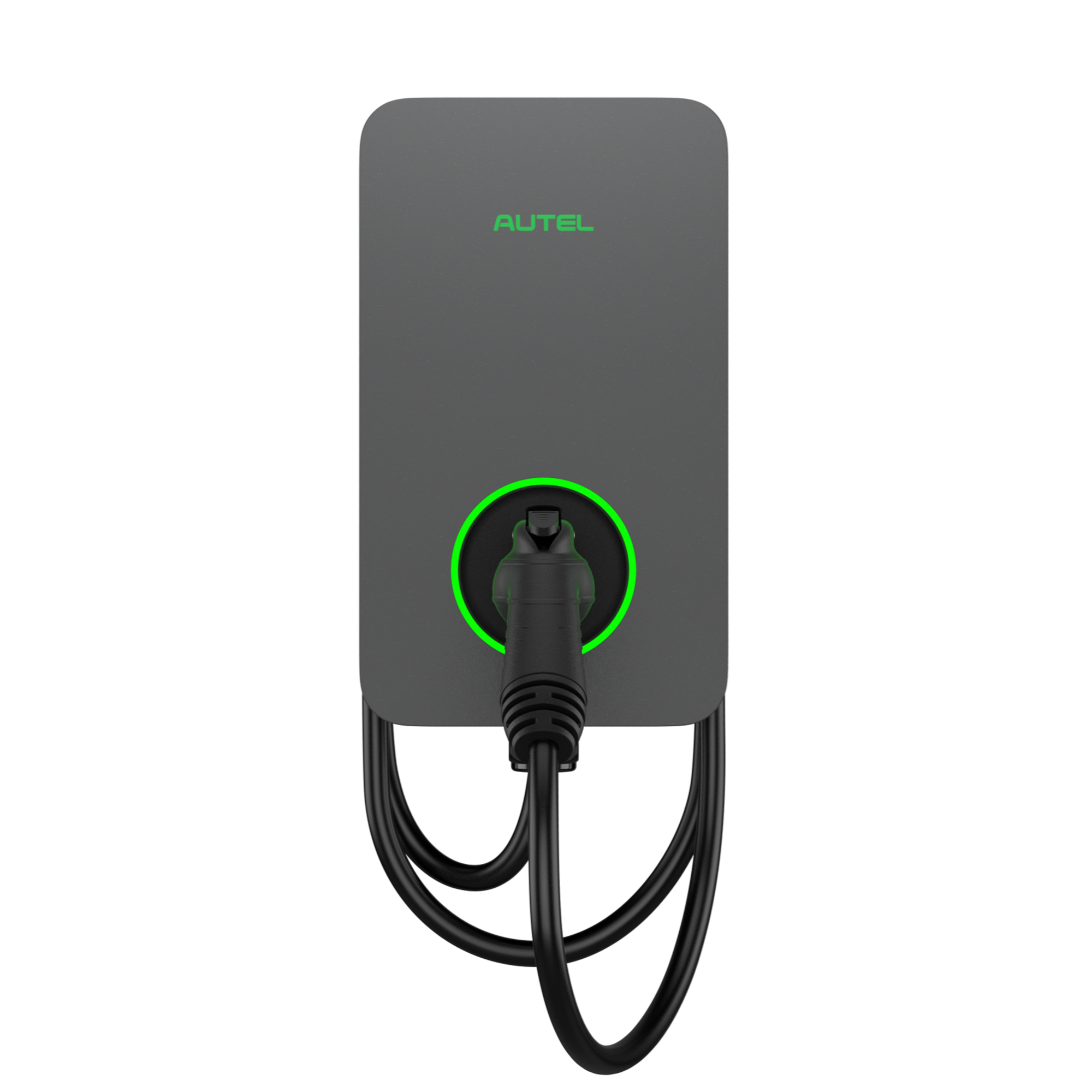

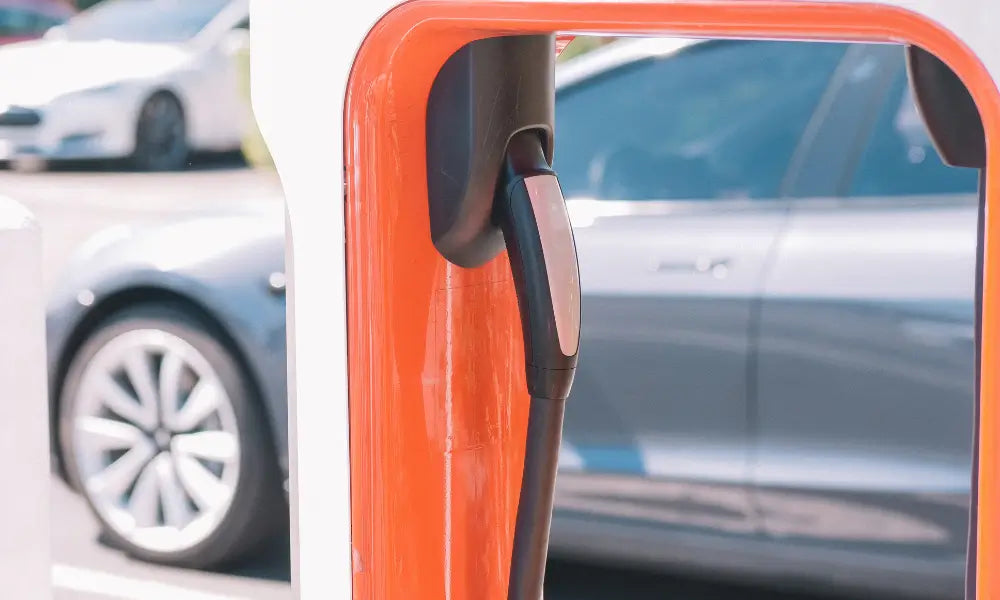

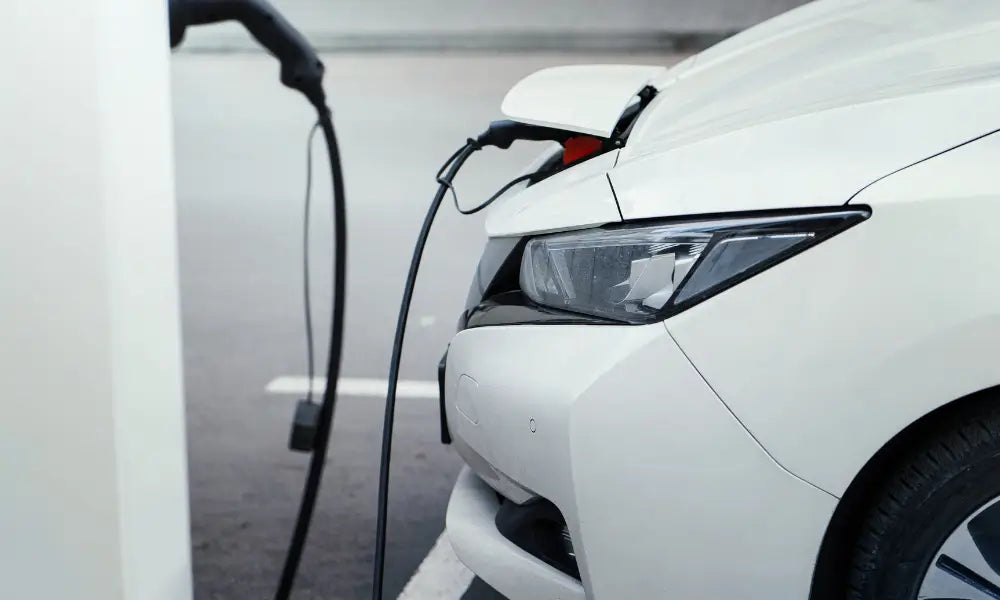
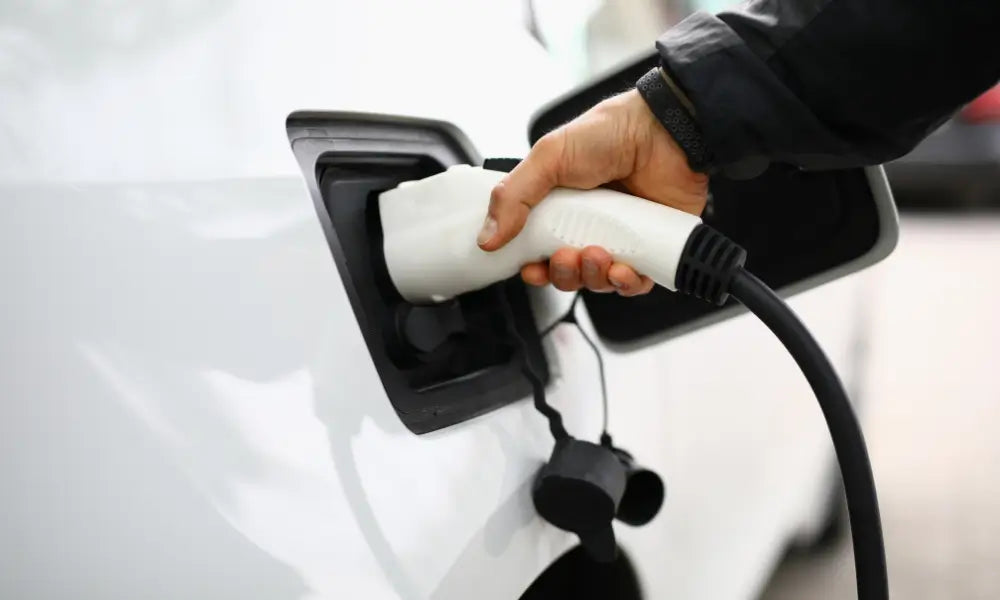
Leave a comment
All comments are moderated before being published.
This site is protected by hCaptcha and the hCaptcha Privacy Policy and Terms of Service apply.